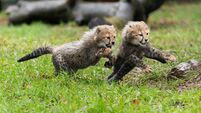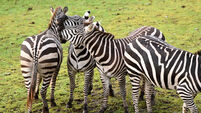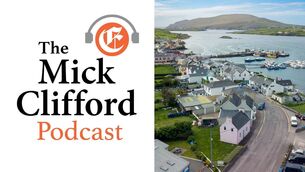‘Life goes on, even when the park is closed’: Inside Fota Wildlife Park’s battle with avian flu
Staff at Fota Wildlife Park still struggle to keep thoughts of that “horribly dark day” at bay, when avian flu left them with no choice but to euthanise 73 of their dearly loved animals.














